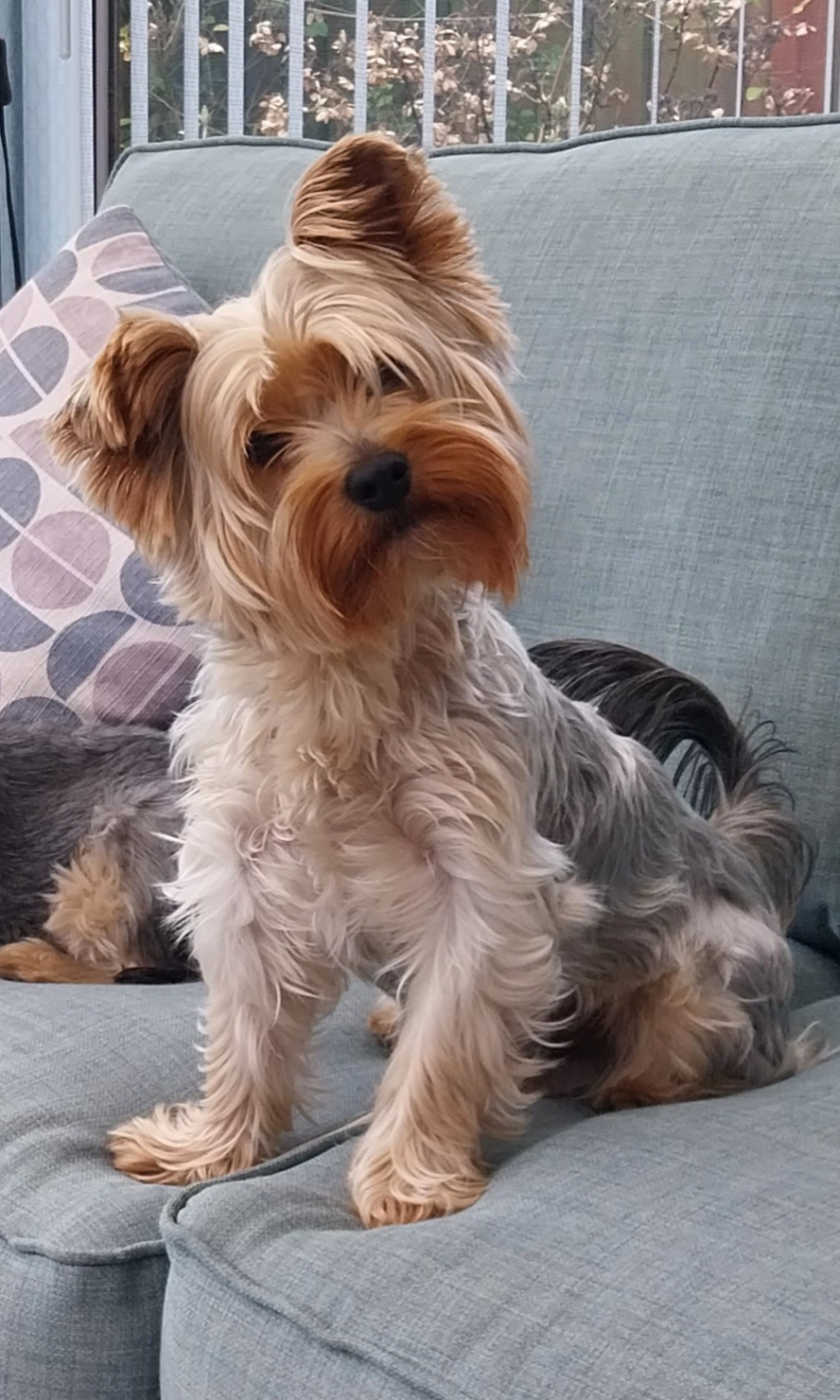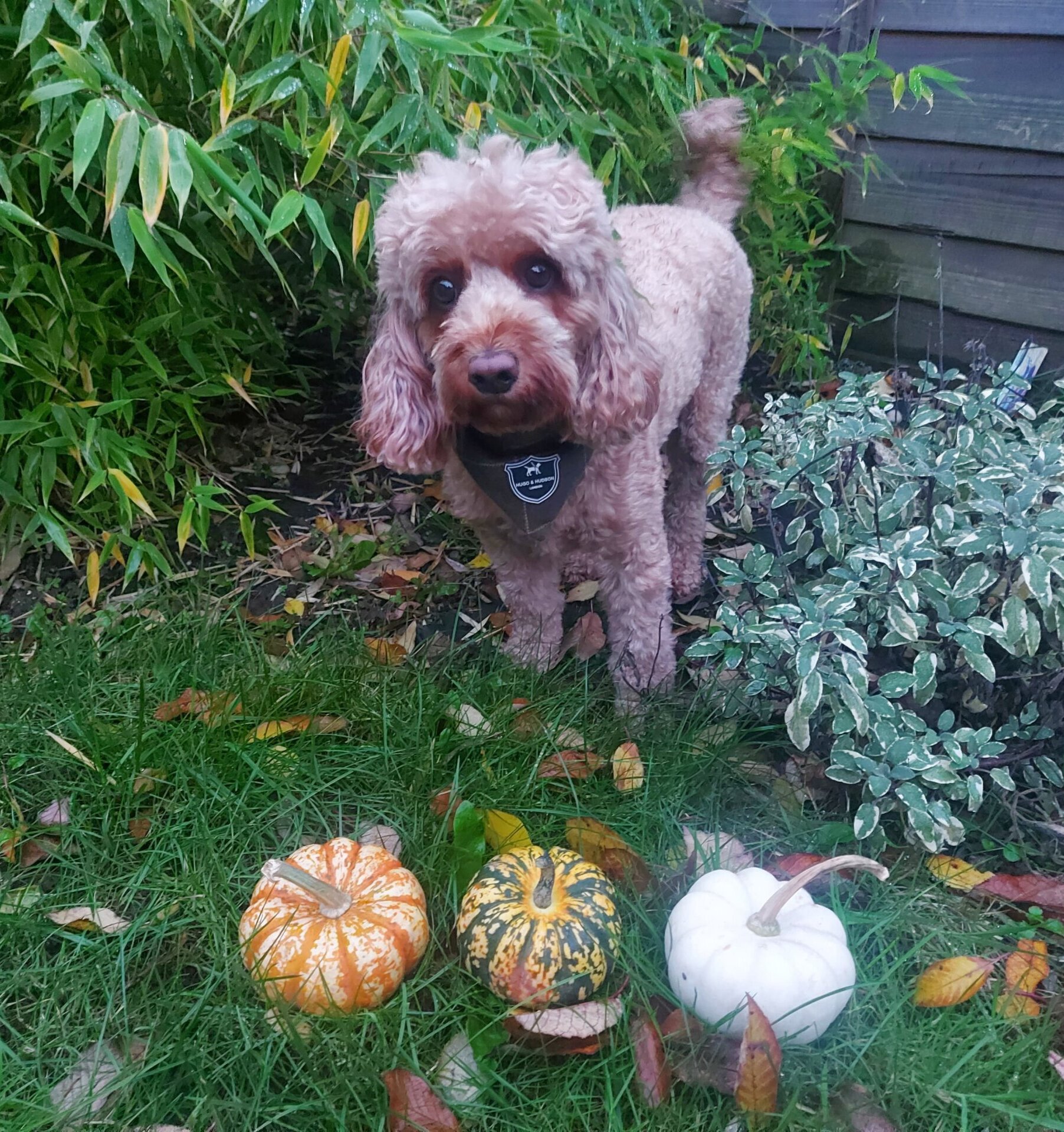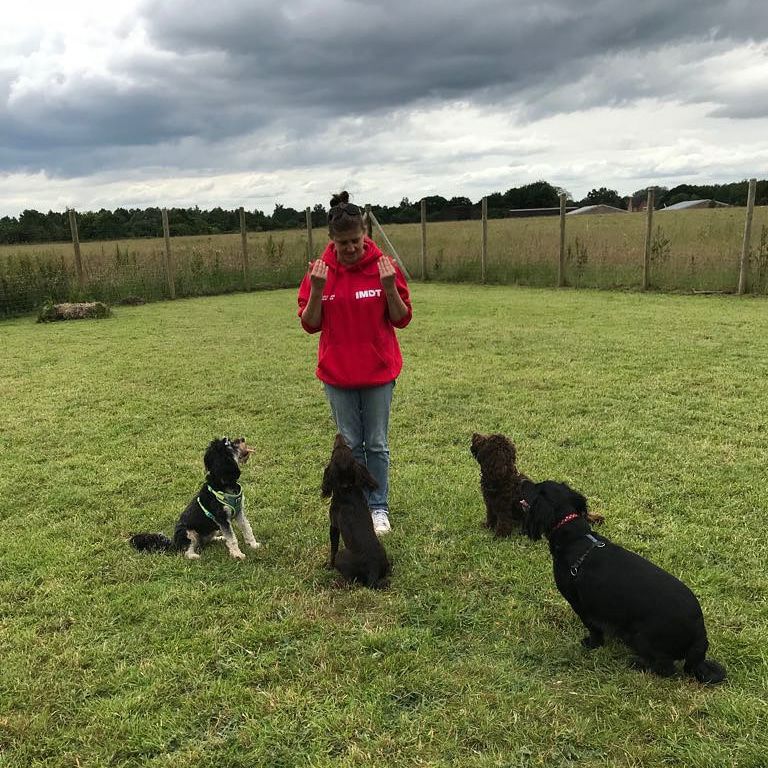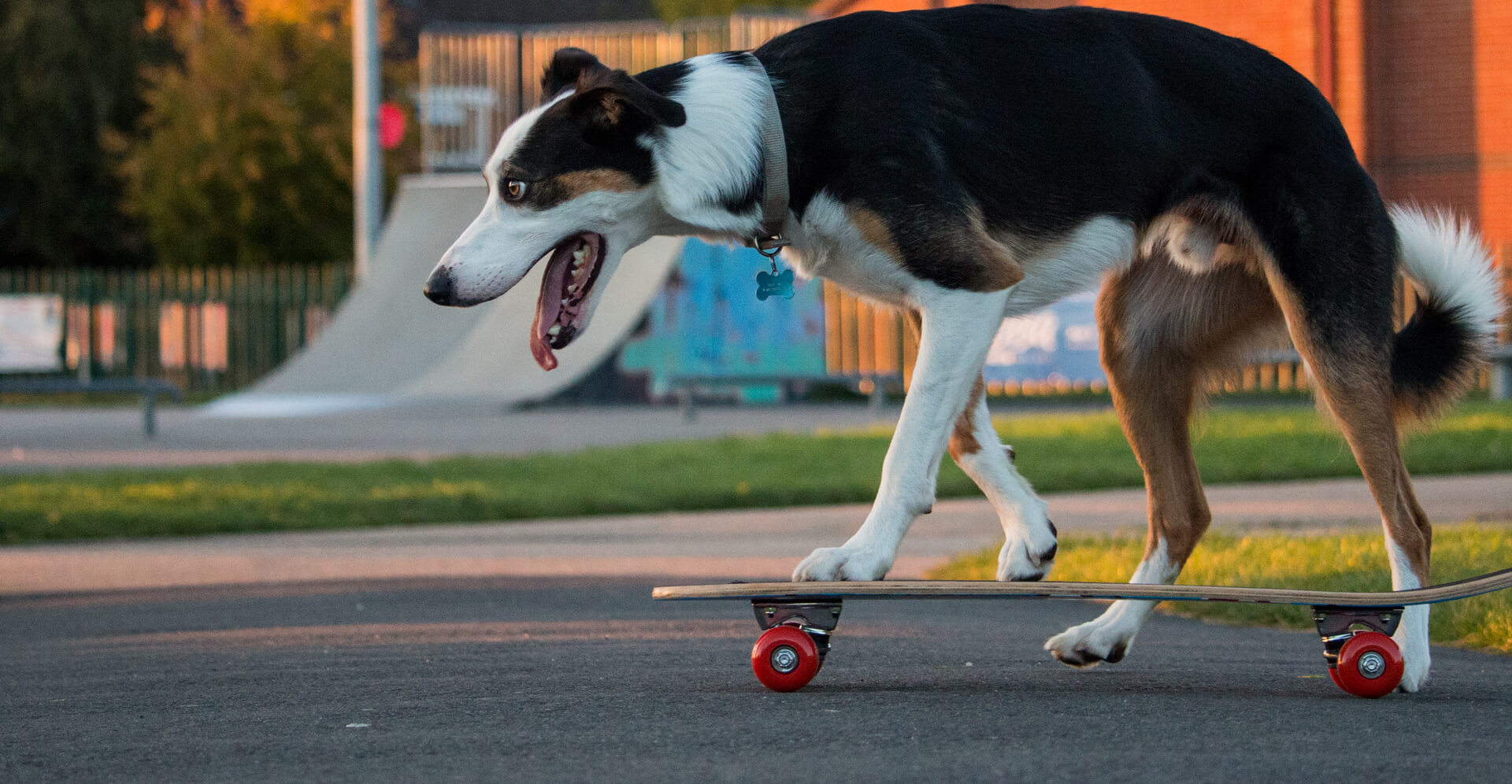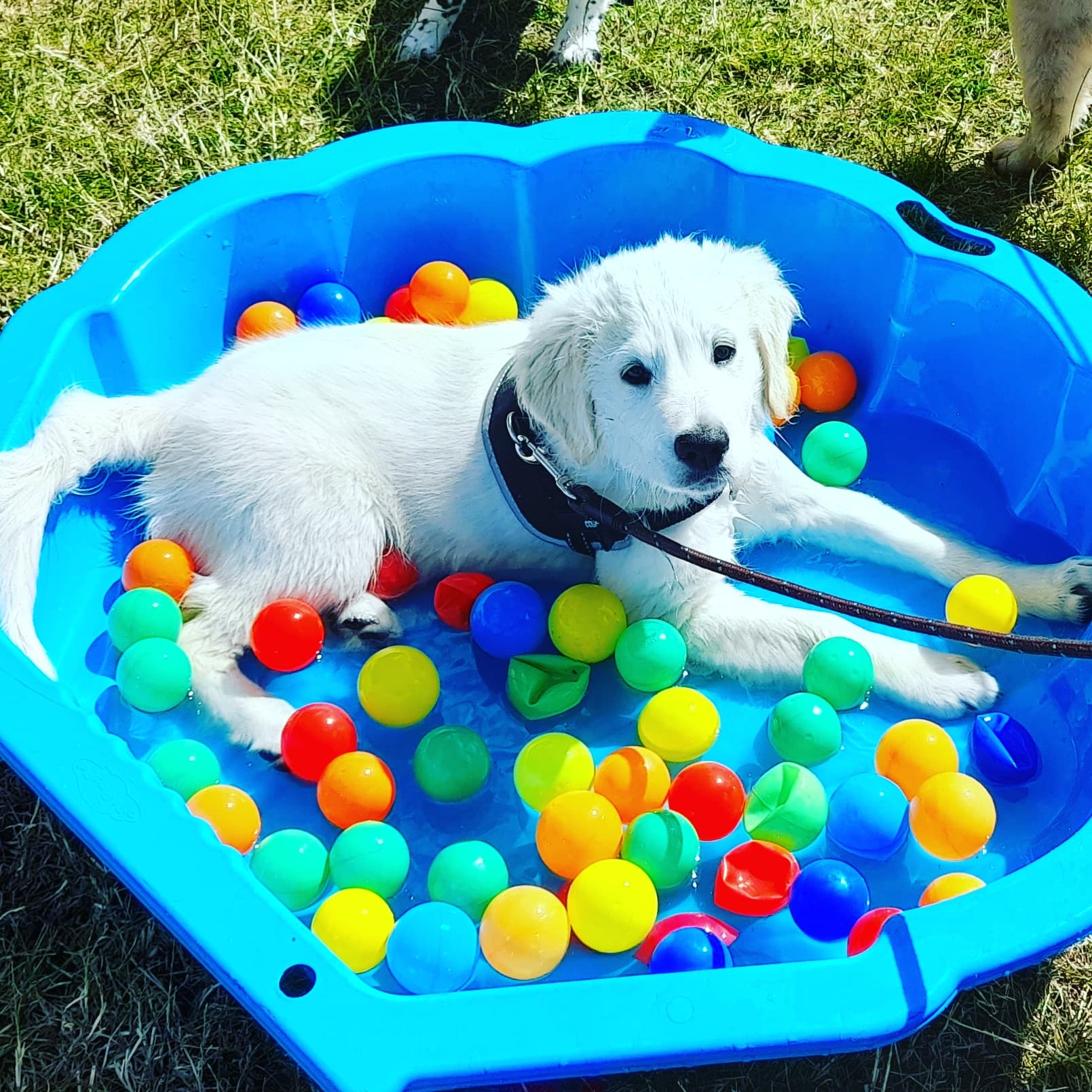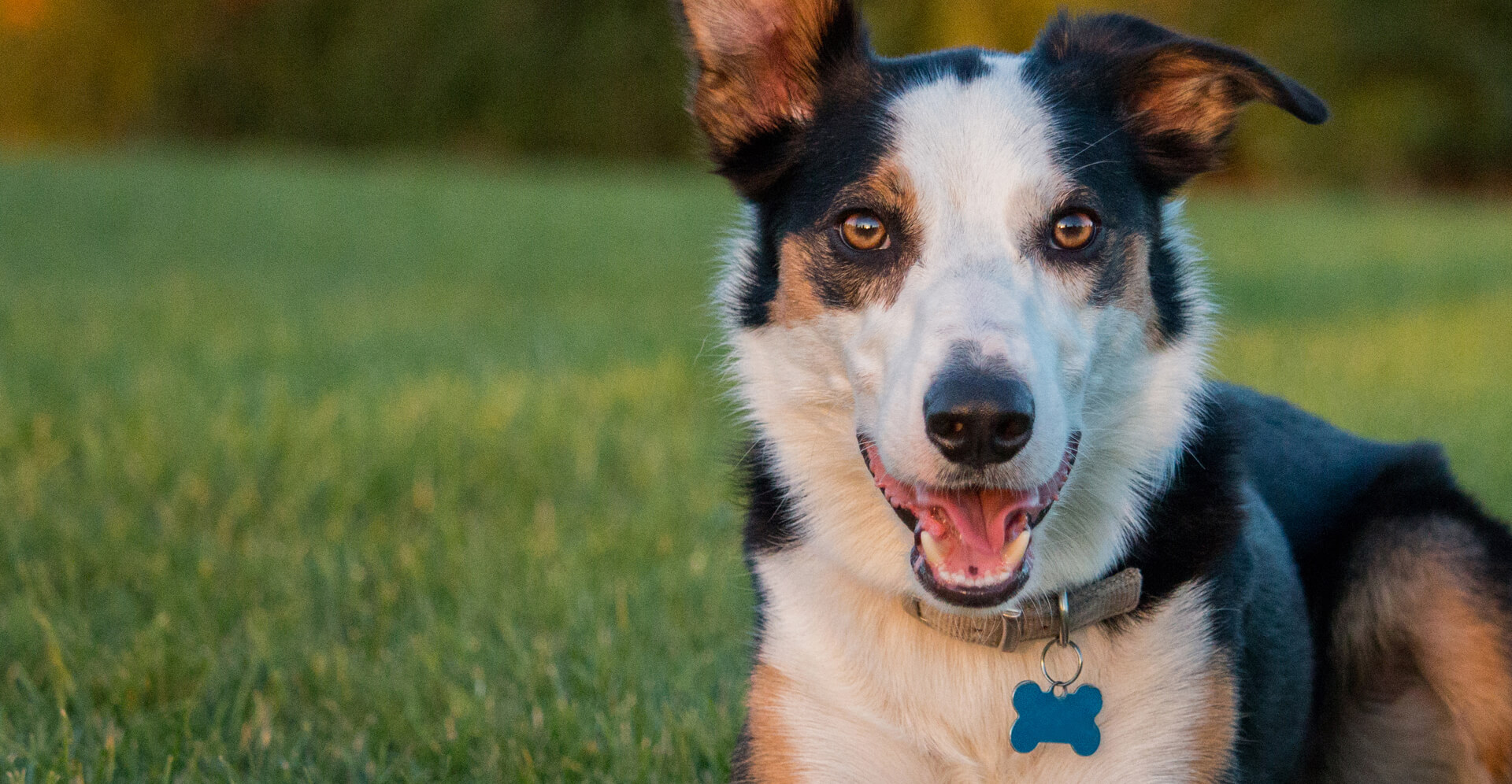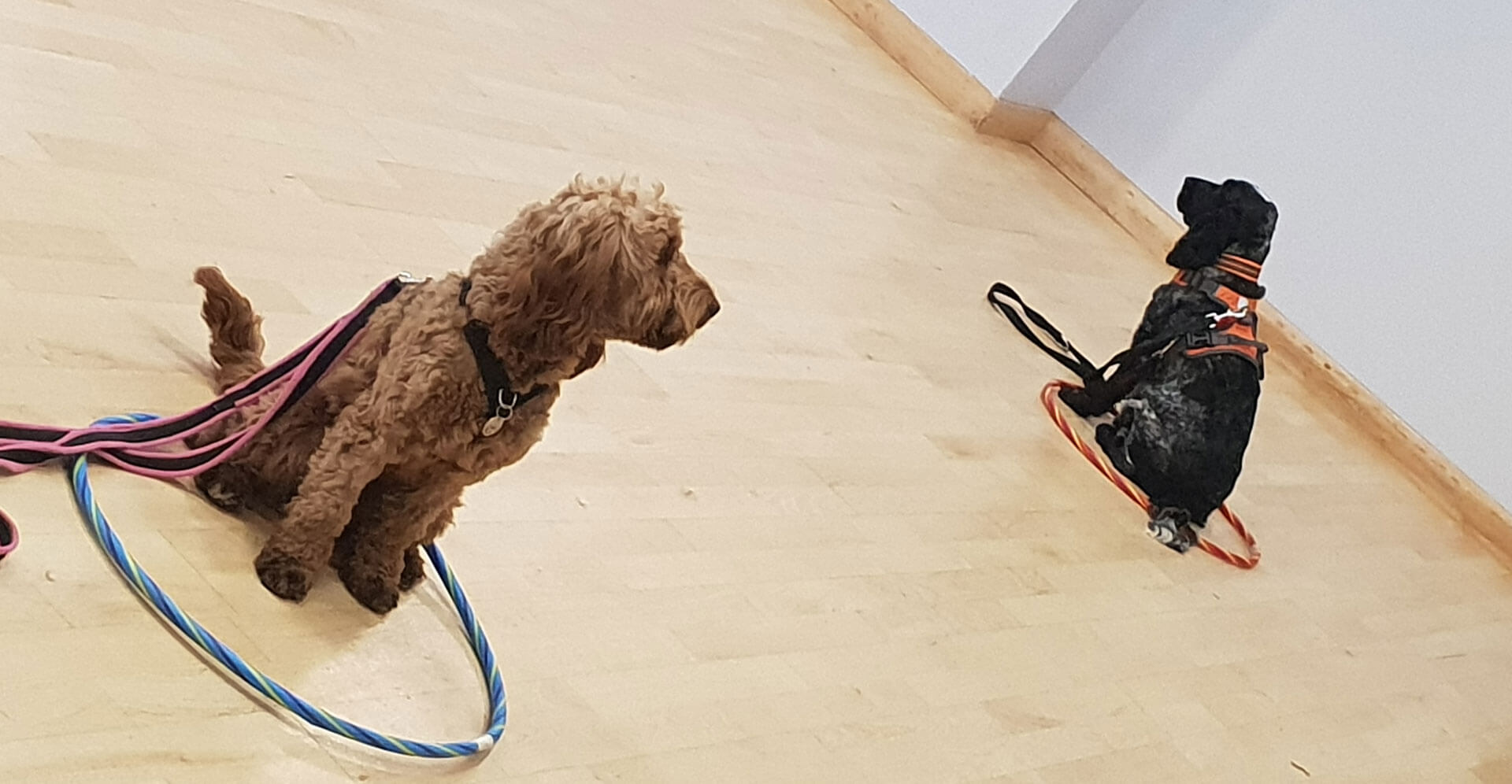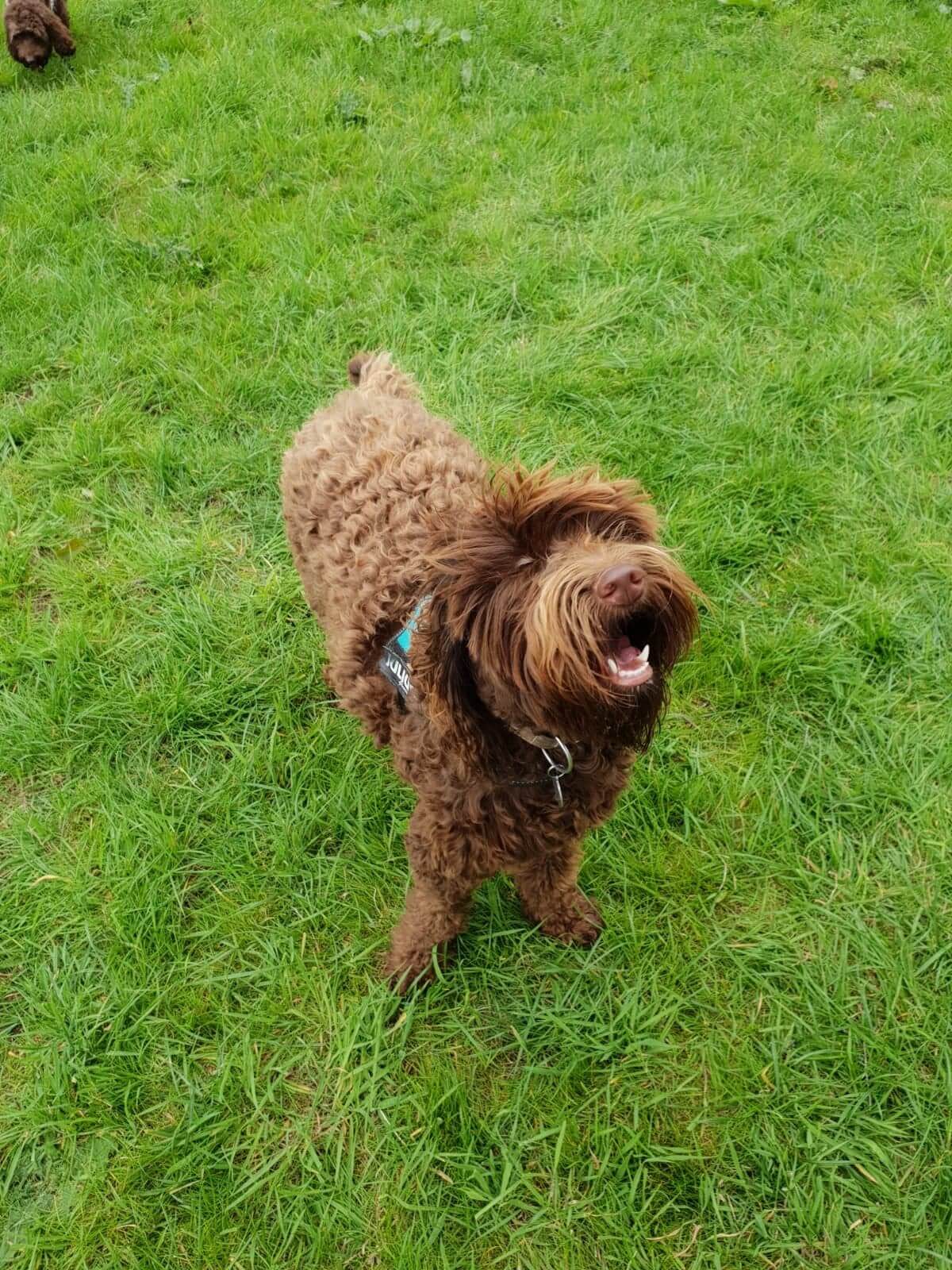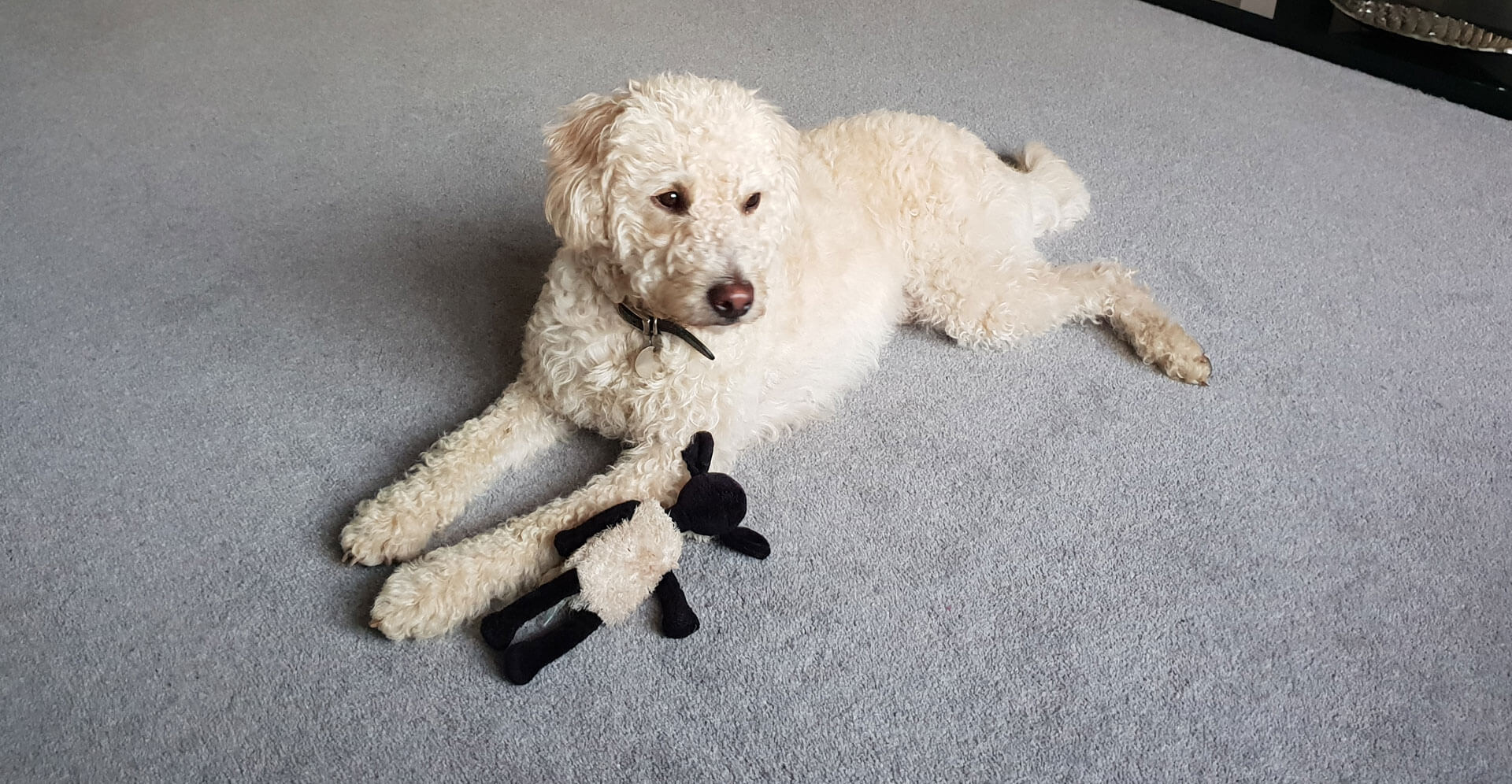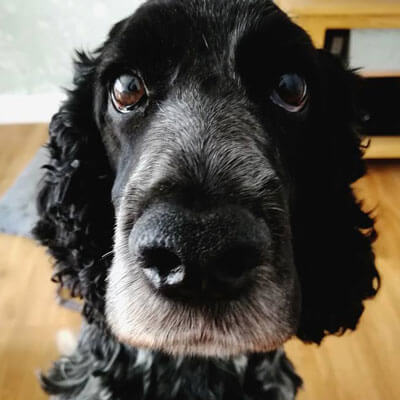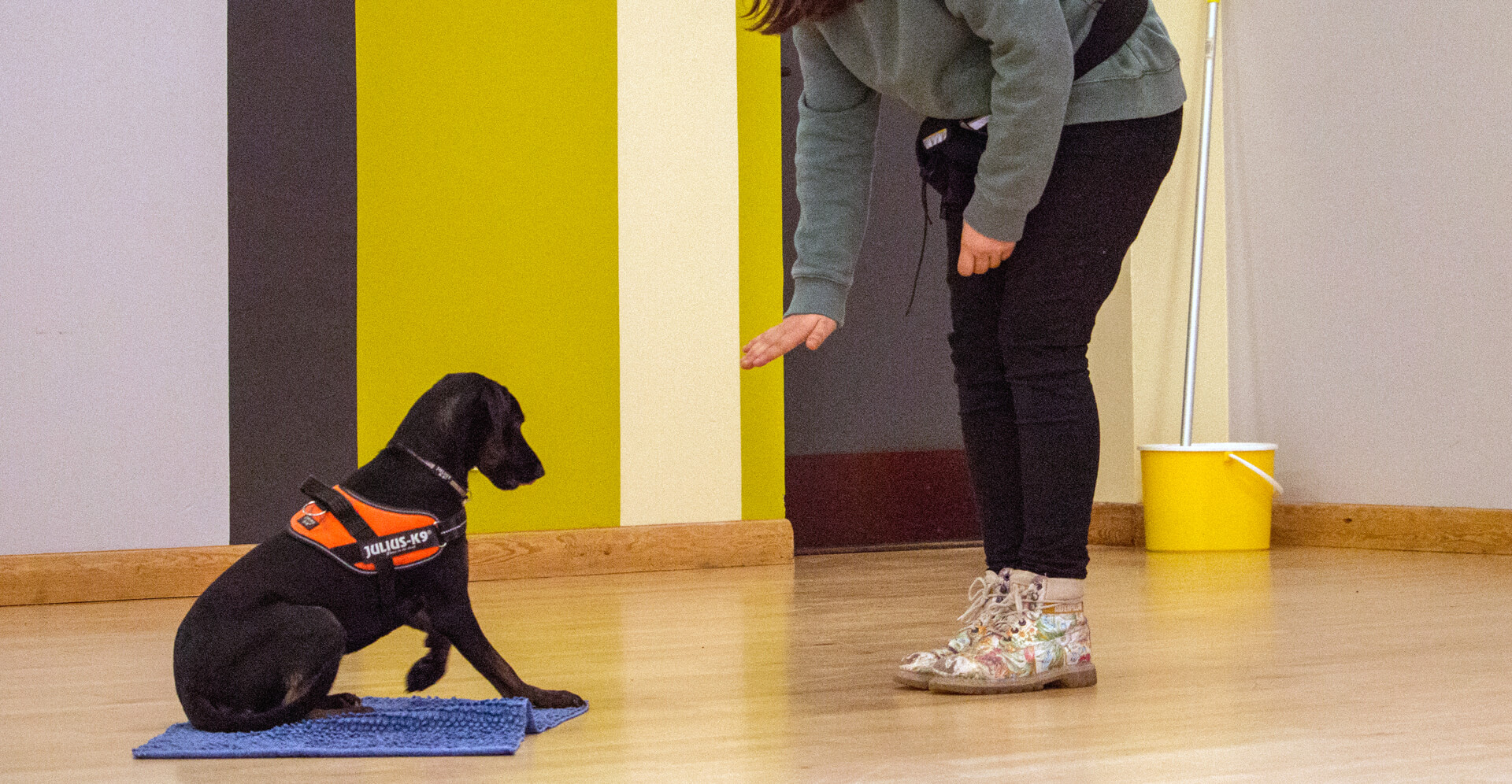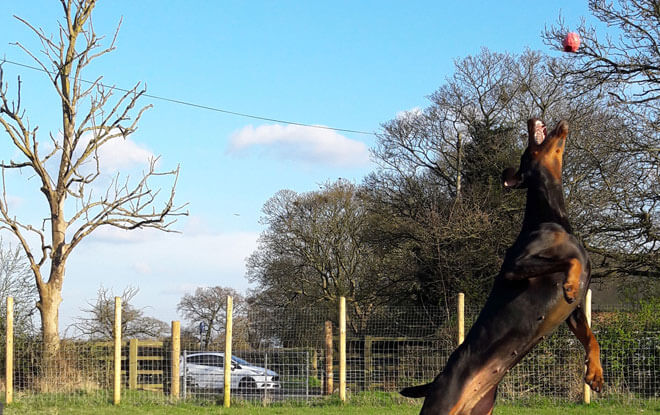What does ‘positive’ dog training mean?

Positive dog training is a popular and effective method of training dogs that focuses on rewarding desired behavior rather than punishing undesirable behavior. This form of training is becoming increasingly popular among dog owners, trainers, and behaviorists who believe that positive reinforcement is more effective, humane, and fun for both dogs and their owners.
The main principle behind positive dog training is that rewarding desired behavior increases the likelihood that this behavior will be exhibited again in the future, whereas punishing undesirable behavior may only result in suppressing the behavior temporarily or causing the dog to become fearful, anxious, or aggressive. Positive reinforcement can come in many forms, such as treats, toys, praise, and play, and can be used to reinforce a wide variety of behaviors, from simple commands like sit and stay to more complex behaviors like fetch, recall, and agility.
One of the benefits of positive dog training is that it helps to establish a strong bond and trust between the dog and its owner. Unlike traditional methods of training, which rely on punishment and dominance, positive training is based on mutual respect, cooperation, and communication. Dogs are taught to understand and respond to their owners’ cues and commands, and owners learn to read their dogs’ body language, needs, and preferences. This creates a more harmonious and positive relationship between the dog and its owner, and reduces the risk of behavior problems and conflicts.
Another benefit of positive dog training is that it promotes mental and physical stimulation, which is essential for a healthy and happy dog. Dogs who are trained using positive methods are encouraged to use their brains and bodies, and they are rewarded for their efforts. This engages their natural instincts, such as hunting, playing, and exploring, and provides them with a sense of fulfillment and purpose. Furthermore, positive training allows dogs to learn at their own pace and in a way that suits their individual learning style, which reduces frustration and enhances their self-confidence.
Positive training can also be used to address and prevent behavior problems in dogs. By understanding the underlying causes of unwanted behavior, such as fear, anxiety, boredom, or lack of socialization, trainers and owners can create a positive and rewarding environment that encourages positive behavior instead. For instance, dogs who are afraid of loud noises like thunderstorms can be trained to associate these sounds with positive things like treats and play, which helps to reduce their anxiety and fear. Similarly, dogs who are prone to stealing food or jumping on people can be trained to wait patiently for rewards and to greet people politely.
In conclusion, positive dog training is a humane, effective, and enjoyable way to train dogs that focuses on rewarding desired behavior rather than punishing unwanted behavior. This form of training promotes a positive and trusting relationship between the dog and its owner, provides mental and physical stimulation, and helps to prevent and solve behavior problems. Whether you are a first-time dog owner or an experienced trainer, there is no doubt that positive training can help you and your dog to achieve a happy and harmonious relationship based on mutual respect, trust, and fun.
Louise Burton IMDT
Hilton Dogs Training Academy

